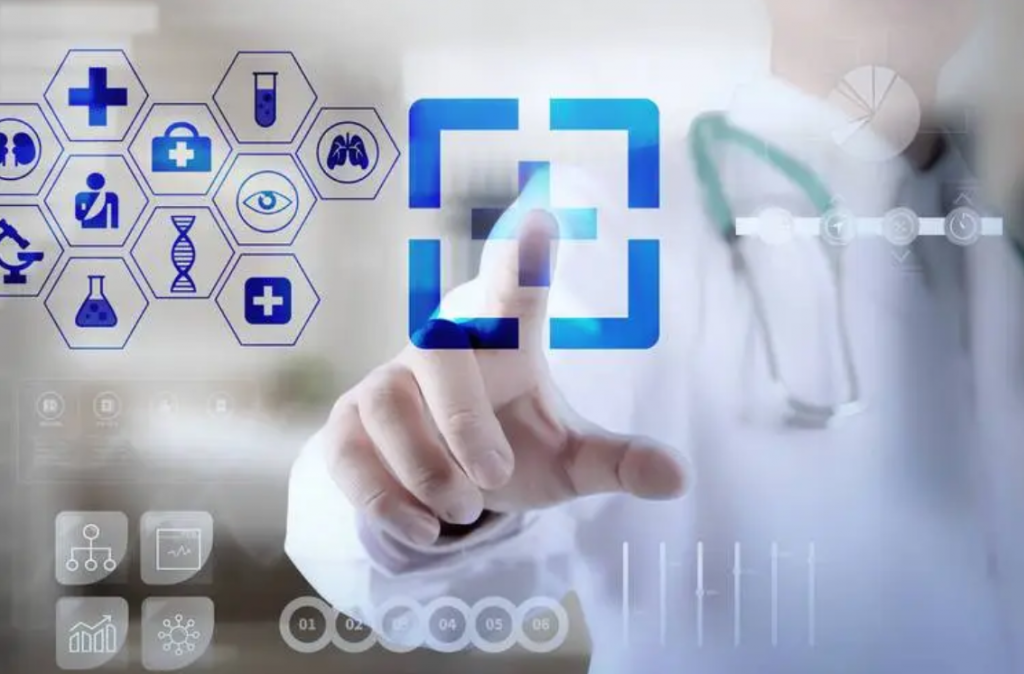
Electronic products have become an integral part of modern life, serving a wide range of purposes and applications. From our homes to workplaces, and even on-the-go, these devices have transformed the way we live and interact with the world. In this article, we will explore the diverse use cases and applications of electronic products and how they continue to enhance our daily lives.
1. Smart Home Automation
One of the most notable applications of electronic products is in the realm of smart home automation. From voice-activated virtual assistants to connected thermostats, lighting, and security systems, these devices have revolutionized the way we manage our households. Some key use cases include:
- Voice Control: Smart speakers and displays, equipped with voice assistants like Amazon’s Alexa and Google Assistant, allow users to control various aspects of their homes simply by speaking commands.
- Energy Efficiency: Smart thermostats optimize heating and cooling systems, reducing energy consumption and lowering utility bills.
- Security and Surveillance: Electronic products, such as smart cameras and doorbell cameras, provide real-time monitoring and enhanced security features.
2. Personal Computing and Communication
Electronic products like laptops, smartphones, and tablets have become essential tools for personal computing and communication. Their applications are vast and ever-expanding:
- Productivity: Laptops and tablets are used for work-related tasks, from document creation and data analysis to video conferencing and project management.
- Entertainment: These devices serve as entertainment hubs, allowing users to stream movies, play games, and connect with friends and family through social media and messaging apps.
- Education: Electronic products support remote learning and online education, providing access to a wealth of educational resources and interactive tools.
3. Healthcare and Wellness
Electronic products have made significant inroads into the healthcare and wellness sector. These devices are instrumental in monitoring health, enabling telemedicine, and promoting well-being:

- Wearable Health Devices: Smartwatches and fitness trackers can monitor heart rate, sleep patterns, and physical activity, helping individuals track their health and fitness goals.
- Telemedicine: Video conferencing tools on smartphones and computers facilitate virtual doctor’s appointments, improving healthcare accessibility.
- Medical Equipment: Advanced electronic medical devices like MRI machines, infusion pumps, and X-ray machines aid in accurate diagnostics and treatment.
4. Automotive Technology
The automotive industry has witnessed a surge in electronic products and technologies, transforming the driving experience and vehicle safety:
- Infotainment Systems: Electronic infotainment systems in cars offer features like GPS navigation, music streaming, and smartphone integration.
- Driver Assistance: Electronic products like adaptive cruise control, lane-keeping assist, and collision avoidance systems enhance safety on the road.
- Electric Vehicles: Electric cars rely on advanced electronic systems for propulsion, battery management, and energy efficiency.
5. Industrial and Manufacturing
Electronic products play a crucial role in industrial automation and manufacturing processes, leading to increased efficiency and quality control:
- Robotics: Industrial robots equipped with electronic sensors and control systems assist in tasks ranging from assembly to material handling.
- Quality Control: Electronic inspection systems detect defects in real-time, ensuring the production of high-quality goods.
- Inventory Management: Electronic product applications extend to inventory tracking and supply chain management, streamlining logistics.






